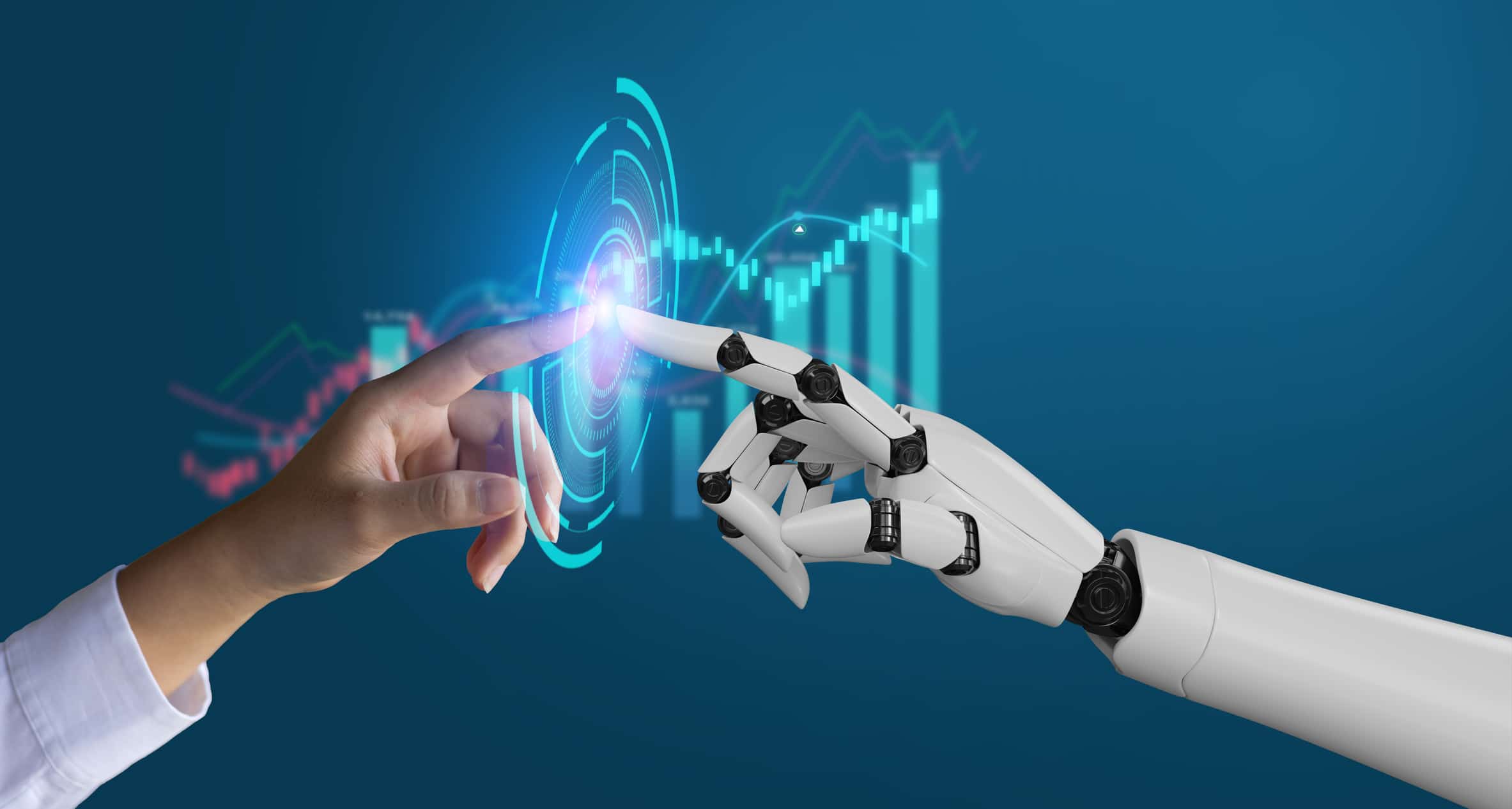For Christmas I got an interesting present from a good friend - my very own "best-selling" book.
"Tech-Splaining for Dummies" (excellent title) bears my name and my photo on its cover, and it has radiant reviews.
Yet it was entirely composed by AI, with a few easy prompts about me supplied by my good friend Janet.

It's a fascinating read, and uproarious in parts. But it also meanders quite a lot, and is someplace in between a self-help book and a stream of anecdotes.
It mimics my chatty design of writing, however it's likewise a bit recurring, and really verbose. It may have surpassed Janet's triggers in collecting information about me.
Several sentences start "as a leading innovation reporter ..." - cringe - which could have been scraped from an online bio.
There's likewise a mystical, repeated hallucination in the type of my cat (I have no pets). And there's a metaphor on practically every page - some more random than others.
There are dozens of companies online offering AI-book writing services. My book was from BookByAnyone.
When I contacted the president Adir Mashiach, based in Israel, he informed me he had offered around 150,000 customised books, primarily in the US, considering that pivoting from compiling AI-generated travel guides in June 2024.
A paperback copy of your own 240-page long best-seller costs ₤ 26. The company uses its own AI tools to generate them, based upon an open source large language design.
I'm not asking you to purchase my book. Actually you can't - just Janet, who produced it, can order any more copies.
There is currently no barrier to anyone producing one in any person's name, including celebrities - although Mr Mashiach says there are guardrails around abusive content. Each book contains a printed disclaimer specifying that it is fictional, created by AI, and designed "entirely to bring humour and happiness".
Legally, the copyright comes from the company, but Mr Mashiach worries that the item is intended as a "customised gag gift", and the books do not get sold further.
He wants to widen his range, creating different categories such as sci-fi, and perhaps using an autobiography service. It's designed to be a light-hearted kind of consumer AI - offering AI-generated items to human consumers.
It's likewise a bit frightening if, like me, you compose for a living. Not least since it probably took less than a minute to create, and it does, certainly in some parts, sound just like me.
Musicians, authors, artists and actors worldwide have expressed alarm about their work being used to train generative AI tools that then churn out similar content based upon it.

"We ought to be clear, when we are talking about data here, we in fact indicate human developers' life works," states Ed Newton Rex, founder of Fairly Trained, which campaigns for AI companies to respect developers' rights.
"This is books, this is posts, this is photos. It's masterpieces. It's records ... The entire point of AI training is to discover how to do something and then do more like that."
In 2023 a tune including AI-generated voices of Canadian singers Drake and The Weeknd went viral on social networks before being pulled from streaming platforms due to the fact that it was not their work and they had not granted it. It didn't stop the track's developer attempting to nominate it for a Grammy award. And even though the artists were fake, it was still hugely popular.
"I do not think using generative AI for creative purposes ought to be banned, but I do believe that generative AI for these purposes that is trained on people's work without permission should be banned," Mr Newton Rex adds. "AI can be really effective however let's construct it morally and relatively."
OpenAI says Chinese competitors using its work for their AI apps
DeepSeek: The Chinese AI app that has the world talking
China's DeepSeek AI shakes market and damages America's swagger
In the UK some organisations - consisting of the BBC - have picked to block AI designers from trawling their online material for training purposes. Others have actually decided to collaborate - the Financial Times has actually partnered with ChatGPT creator OpenAI for instance.

The UK federal government is thinking about an overhaul of the law that would enable AI developers to use developers' material on the internet to assist establish their models, unless the rights holders pull out.
Ed Newton Rex explains this as "insanity".
He points out that AI can make advances in locations like defence, healthcare and logistics without trawling the work of authors, journalists and artists.
"All of these things work without going and changing copyright law and destroying the incomes of the nation's creatives," he argues.
Baroness Kidron, a crossbench peer in your house of Lords, is likewise strongly against removing copyright law for AI.
"Creative industries are wealth creators, 2.4 million tasks and a lot of delight," states the Baroness, who is also an advisor to the Institute for Ethics in AI at Oxford University.
"The federal government is weakening among its best carrying out markets on the vague pledge of growth."
A government representative said: "No relocation will be made up until we are definitely confident we have a useful strategy that provides each of our goals: increased control for ideal holders to assist them certify their content, access to premium product to train leading AI designs in the UK, and more openness for best holders from AI designers."
Under the UK government's new AI strategy, a nationwide information library consisting of public information from a wide variety of sources will likewise be made readily available to AI scientists.
In the US the future of federal rules to manage AI is now up in the air following President Trump's go back to the presidency.
In 2023 Biden signed an executive order that aimed to increase the safety of AI with, amongst other things, companies in the sector required to share information of the workings of their systems with the US government before they are released.
But this has now been reversed by Trump. It remains to be seen what Trump will do rather, but he is said to desire the AI sector to deal with less regulation.
This comes as a variety of lawsuits versus AI firms, and particularly versus OpenAI, continue in the US. They have been gotten by everyone from the New york city Times to authors, music labels, and even a comedian.
They declare that the AI companies broke the law when they took their material from the internet without their authorization, and used it to train their systems.
The AI companies argue that their actions fall under "fair usage" and are therefore exempt. There are a number of factors which can constitute fair use - it's not a straight-forward definition. But the AI sector is under increasing scrutiny over how it gathers training data and whether it need to be paying for it.
If this wasn't all adequate to ponder, Chinese AI firm DeepSeek has shaken the sector over the previous week. It ended up being the many downloaded complimentary app on Apple's US App Store.
DeepSeek claims that it established its innovation for a fraction of the rate of the similarity OpenAI. Its success has raised security issues in the US, and threatens American's present dominance of the sector.
As for me and a career as an author, I think that at the minute, if I really want a "bestseller" I'll still have to write it myself. If anything, Tech-Splaining for Dummies highlights the present weak point in generative AI tools for larger projects. It has plenty of mistakes and hallucinations, and wiki.die-karte-bitte.de it can be rather difficult to read in parts since it's so verbose.
But offered how rapidly the tech is progressing, I'm unsure how long I can remain positive that my significantly slower human writing and modifying skills, are better.

Sign up for our Tech Decoded newsletter to follow the greatest advancements in worldwide innovation, with analysis from BBC correspondents around the world.
Outside the UK? Register here.








